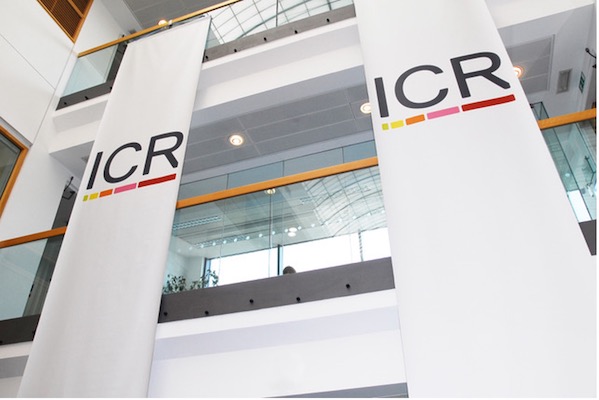ICR study finds way to determine efficacy of experimental breast cancer drugs
September 12, 2023
Source: drugdu
 342
342

Researchers at The Institute of Cancer Research (ICR), London, have discovered a way to use a simple, non-invasive MRI scan to determine whether an experimental approach to enhance treatment for breast cancer is effective.
New research from the study, funded by Cancer Research UK, could help doctors visualise tumours and speed up the development of targeted therapies for breast cancer. If successful, these drugs could enhance the effectiveness of other drugs administered in combination.
Common features of breast cancer include excessive connective tissue, which consists of cells and fibres that provide a scaffold, known as the extracellular matrix (ECM), where tumours can grow.
Hyaluronic acid, which works by absorbing water, is naturally present inside the tumour ECM and causes cancer tumours to swell, making it challenging for drugs to penetrate, reach and destroy cancer cells.
Researchers are able to use experimental drugs that target and degrade a chemical called hyaluronic acid to dissolve some of the dense ECM and improve drug delivery to tumours.
However, when using experimental drugs targeting the chemical in this way, it can be difficult for researchers to identify the exact time when the acid has been degraded, and therefore, it is a challenge to determine the best time to administer other drugs.
The researchers performed multi-parametric MRI scans on mice with breast tumours to track the efforts of PEGPH20, an investigational drug targeting hyaluronic acid, to gain measurements that provide additional information about the tissue being analysed.
Study leader, Simon Robinson, professor, magnetic resonance imaging of cancer, ICR, London, said: "Diffusion-weighted MRI can be performed on conventional clinical MRI scanners. Our new research shows that we can use such scans to check if [experimental] drugs like PEGPH20 are working, helping guide treatment in a more targeted and non-invasive way."
For example, after using diffusion-weighted imaging to understand how water molecules moved within tissue, the researchers found that a measurement of water’s ability to move or spread, called the apparent diffusion coefficient (ADC), was reduced by up to 38% following administration of PEGPH20.
The results suggest that PEGPH20 could make breast cancer tissue more accessible to chemotherapy drugs and could potentially improve treatment outcomes.
Upon further necessary testing, the researchers hope to improve the development of targeted therapies for breast cancer and potentially other tumours.
https://www.pmlive.com/pharma_news/icr_study_finds_way_to_determine_efficacy_of_experimental_breast_cancer_drugs_1498473
Read more on
- The first subject has been dosed in the Phase I clinical trial of Yuandong Bio’s EP-0210 monoclonal antibody injection. February 10, 2026
- Clinical trial of recombinant herpes zoster ZFA01 adjuvant vaccine (CHO cells) approved February 10, 2026
- Heyu Pharmaceuticals’ FGFR4 inhibitor ipagoglottinib has received Fast Track designation from the FDA for the treatment of advanced HCC patients with FGF19 overexpression who have been treated with ICIs and mTKIs. February 10, 2026
- Sanofi’s “Rilzabrutinib” has been recognized as a Breakthrough Therapy in the United States and an Orphan Drug in Japan, and has applied for marketing approval in China. February 10, 2026
- Domestically developed blockbuster ADC approved for new indication February 10, 2026
your submission has already been received.
OK
Subscribe
Please enter a valid Email address!
Submit
The most relevant industry news & insight will be sent to you every two weeks.



